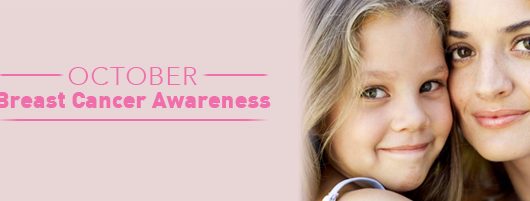This month’s guest post is by Joy Burkhard, a founder, Executive Director and Board Chair of 2020 Mom, a national nonprofit dedicated to closing gaps in maternal mental health care through convening, collaborating, advocacy and education. Joy, a Junior League of Los Angeles member and former co-chair of the Junior Leagues of California State Public Affairs Committee, helped found the National Coalition for Maternal Mental Health and sits on the California Maternal Quality Care Collaborative Executive Committee and the American College of Obstetrics and Gynecology working group on maternal depression. (This post is adapted from a blog item Joy posted on The Presentation Project blog.)
I am a mother of two children but, like most women embarking on the journey of motherhood, I really didn’t know what I was getting into, certainly not while waiting for the birth of my first child, Alex.
“Everyone” knows that holding your baby for the first time, or anticipating that iconic and life-changing act, makes the mother happy, even joyous.
Yet, research indicates that during the time surrounding the birth of a child up to 80% of women will suffer a disruption to her emotional well-being. She might be grateful for her baby but still experience things like mental fog, worry, crying and confusion about why she feels that way.
Most of the time these symptoms will disappear naturally within a couple of days, and we refer to the experience as “The Baby Blues.” However, roughly 15% of these women will go on to suffer something more serious, a clinical depression or a severe form of anxiety, with symptoms such as sadness, confusion, difficulty in focusing on caring for herself or her baby, excessive worry and severe sleep disturbances.
Clinical depression and anxiety are conditions—like thyroid disease, for example—and are of no fault of the mother. They may not resolve naturally without treatment, however. In extreme cases, a mother may have thoughts of harming herself or child. Though it’s rare, 0.2% of mothers may suffer from something extremely serious, and separate from depression or anxiety. It’s called psychosis. These mothers experience delusions which may include hearing or seeing things that aren’t really happening, which could involve a mother believing her child is possessed. It’s scary stuff, and because these mothers have a high risk of harming their children they must receive treatment immediately.
So what can we do?
It’s critical that women and their families become aware of these disorders so they aren’t caught off guard if they fall victim. We can do this by applauding the proactive media who share stories about maternal mental health disorders, educate the media about the difference between maternal depression and maternal psychosis and share more real life struggles of mommy-hood with each other so we all have realistic expectations. We also can encourage and support Junior League programs, including legislative initiatives by our SPACs that create awareness of these disorders in our communities, among our families, friends and neighbors.
We can do something else, too: speak up. Talk to the pregnant or new moms you know and share what you’ve read. Moms—share your struggles, not just your birth stories! And pregnant and new moms, if you may be suffering from a maternal mental health disorder, speak up and get help.
Visit www.2020mom.org to learn more and get engaged or check out these other resources:
What is postpartum depression & anxiety?
Read more about the impact of 2020 Mom:
Nurse Calls Cops After Woman Seeks Help For Postpartum Depression. Right Call?
To Screen or Not to Screen? Doctors Debate Post Partum Depression Testing


